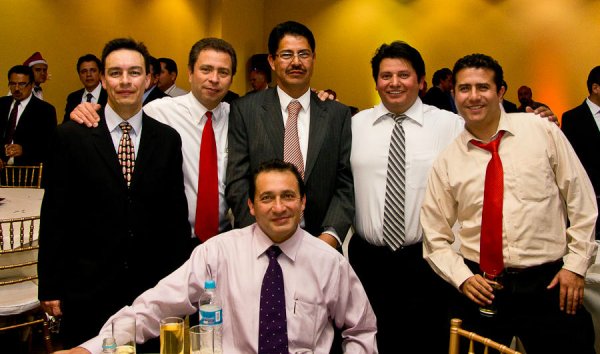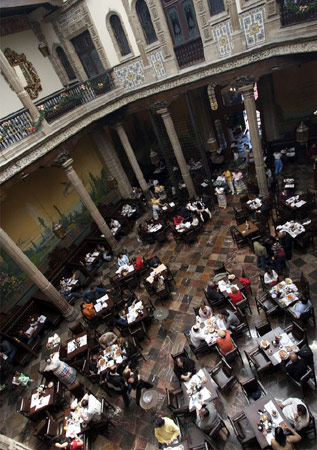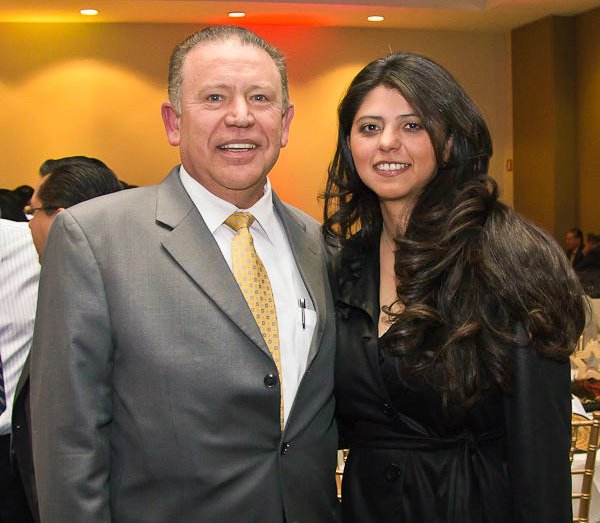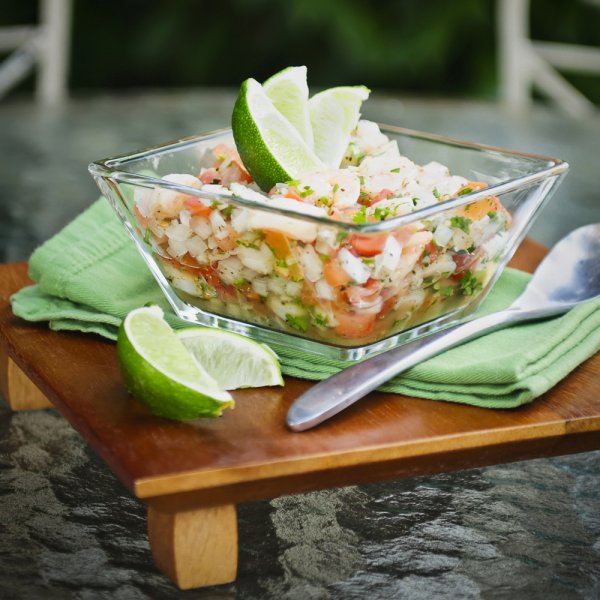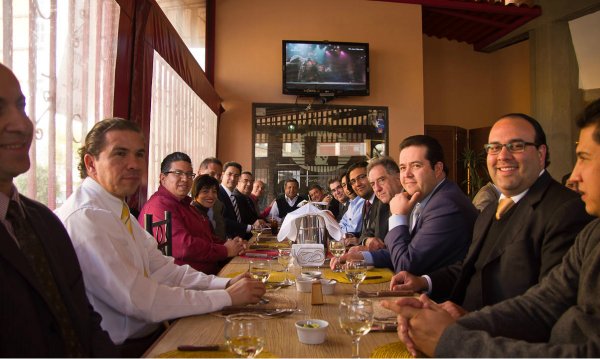Business Culture: Business Entertaining
Activities
It is customary for Mexicans to invite their foreign counterparts to business meals, parties, and other social events during meetings and negotiations. Visitors should use these activities to solidify their personal relationships with their Mexican counterparts. Never turn down social invitations, as this may insult your contacts. While business breakfasts and dinners do occur, lunches are the most traditional form of business entertaining in Mexico. Lunches typically start around 2 or 3 pm, and may last three or four hours, as they are the heaviest meals of the day. In fact, dinners are usually very light and occur around 9 pm. Business meals are considered "dealmakers" even though business matters are rarely discussed at them. Instead, personal relationships and friendships are established. Beside business meals, other business entertaining events include Viernes social (basically, Friday happy hour) and Sunday barbecues hosted at people's homes.
While many Western visitors, especially those from the US, may have had Mexican food before their business trips, they may be quite surprised when they discover Mexican cuisine. Most people are familiar with some Mexican staples such as enchiladas, quesadillas, tortillas, tamales, pico de gallo, guacamole, and tacos, yet the scope of Mexican cuisine is much more extensive than these items. It actually includes a wide variety of soups, salads, seafood, meats, vegetables, fruits, and breads. True Mexican cuisine utilizes fresh ingredients, healthy fruits and vegetables, and a wide variety of spices and peppers. Some traditional Mexican dishes include posole (soup made with hominy, cabbage, and beans), molletes (open-faced sandwiches on bolillo bread with refried beans and pico de gallo), ceviche (a fresh seafood dish made with lime juice), and arrachera (a thin flank steak). Visitors to the Mexican Yucatán Peninsula will be able to try a wide variety of local foods, such as chicken wrapped and baked in banana leaves and plantains. Some popular drinks in Mexico include agua frescas (fresh fruit drinks), as well as many different types of both light and dark beers.
If you want to reciprocate your Mexican host's hospitality, choose an upscale local restaurant, such as a French or Italian restaurant, and schedule the dinner for 9pm, but don't expect your guests to arrive until between 9:30 and 10pm. Make payment arrangements beforehand so that there are no arguments about the bill.
Etiquette
When dining out in Mexico, splitting the bill is frowned upon. In general, the person who is selling treats the buyer. However, many Mexican men will attempt to pay for a woman's meal. Your Mexican counterparts will often arrive to social functions after the stated time, and visitors should not arrive until at least 30 minutes to an hour after the specified invitation time. While dining etiquette is generally informal in Mexico, visitors should use Continental table manners, such as holding the fork in the left hand and the knife in the right. Visitors may leave a little food on their plates to signify they are full. Both foreign men and women should avoid drinking too much alcohol, as drinking in excess is frowned upon. Also, men offer toasts, while women normally don't in Mexico.
If you receive an invitation to your Mexican host's home, you should send a gift beforehand or bring one with you. Some appropriate gifts for your host include an item from your home country, a book of artwork, wine, good quality liquor, or chocolates. Some good items to send beforehand include white flowers or candy. Some taboo gifts include red flowers, yellow flowers, tourist souvenirs (such as items bought in the airport), and gifts made of silver. Gifts should be nicely wrapped, and they will usually be opened on the spot.
Mexicans are very passionate about a number of topics, and many will spend hours embroiled in heated discussions and debates. However, visitors should stick to noncontroversial conversation topics, such as fútbol, Mexican cuisine, local places of interest, art, and Mexican culture. Do not bring up controversial topics such as illegal immigration, poverty, class differences in Mexico, the drug trade, or the Mexican-American war. Also, do not confuse Mexicans with other Latin American or South American nationalities. Mexicans are very proud of their distinct culture, which is full of history and traditions.
Some social events will be less formal than a day at the office, while others may require formal wear. However, most evening engagements will call for ties and jackets for men and dresses or other conservative outfits for women. Unless instructed otherwise, wear what you would wear to the office.
Article written for World Trade Press by Kerrie Main.
Copyright © 1993—2024 World Trade Press. All rights reserved.

 Mexico
Mexico 